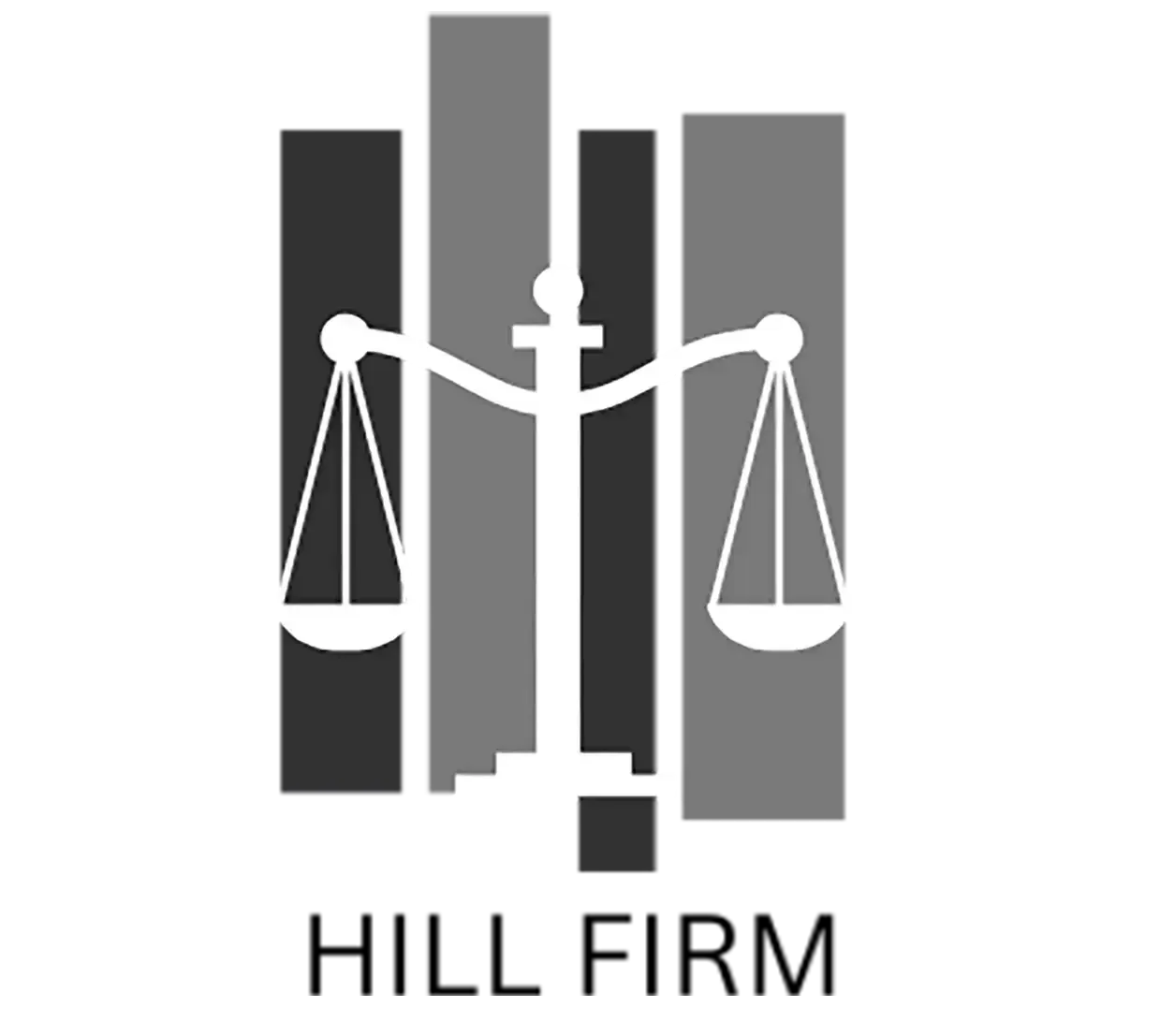Auto Accidents Attorney In Las Vegas, Nevada
After A Crash, Get The Compensation You Deserve
If you’ve been involved in an auto accident, you may find that the emotional and psychological distress can persist long after your physical injuries have healed. The impact of such experiences can affect various aspects of your life, from your mental well-being to your everyday activities. Dan Hill, a dedicated personal injury attorney based in Las Vegas, Nevada, is here to help you navigate the complexities of your case. He will conduct a thorough examination of the details surrounding your accident, provide you with aggressive and effective representation, and work tirelessly to ensure that you secure the full compensation to which you are rightfully entitled for your injuries and the long-term consequences they may entail.
Don’t let this difficult time pass without seeking the support you deserve. Connect with Dan Hill today and take a significant step toward achieving the justice and peace of mind you need to move forward.
Call Hill Firm at 702-848-5000 to schedule a consultation with a lawyer today.
Hablamos Español.
From Investigation to Settlement, We Fight for You
Dan Hill, the esteemed personal injury attorney based in the vibrant city of Las Vegas, Nevada, is wholeheartedly committed to delving deep into every intricate facet of your auto accident. With an unwavering dedication to his clients, he meticulously reviews every element of the crash, leaving no stone unturned. Dan conducts thorough interviews with witnesses who can provide valuable insights and scrupulously evaluates police reports to ascertain the precise cause of the incident. Unafraid of confrontation, he stands firm against insurance companies that attempt to shortchange you and deny you the justice you deserve. Whether your case is resolved through a settlement or makes its way to trial, Dan advocates fiercely and tenaciously to ensure you obtain the highest possible compensation for your injuries and related expenses. Don’t delay—schedule your appointment with the eminent attorney Dan Hill today and take the first step toward securing the justice you deserve.
After a Fatal Crash, We Become Your Loved One’s Voice
Experiencing the loss of a loved one in an auto accident is an unimaginably painful situation. Let Dan Hill, a dedicated attorney in Las Vegas, Nevada, assist you during this challenging time. He is deeply committed to seeking justice for your loved one, serving as their voice as you pursue compensation for their tragic loss. Dan Hill will be there with you, offering unwavering support during every stage of this difficult journey. He stands as a steadfast pillar, lending emotional support and providing legal guidance as you and your family strive to secure full damages for your loved one's loss. Delay no further, reach out to Hill Firm, your devoted personal injury attorney in Las Vegas.
No Fees Unless We Win
Dan Hill will meet with you, at no cost, for a full consultation and evaluation of your case. If you hire Attorney Hill, you will pay no fees unless, and until you receive money in a settlement. He is available during normal working hours, but also maintain a 24/7 answering service. If you need a consultation on a weekend or evening, he can provide that for you.
Call Hill Firm at 702-848-5000 today to speak to an attorney.



